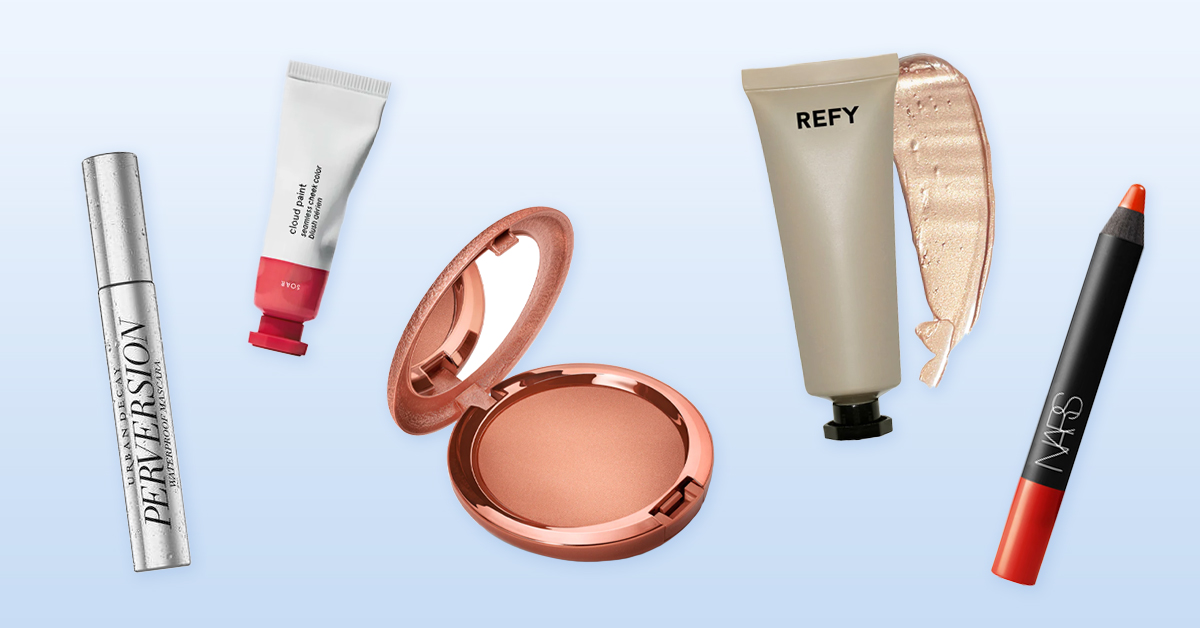Everything you’ve ever wanted to know about laser hair removal for dark skin
Laser hair removal for dark skin didn’t exist for a long time, especially in the 90s when the treatment first started gaining popularity. But thanks to an increased focus on inclusivity and technological advances since the introduction of laser hair removal, those with darker skin can finally get the treatment.
First, a little on the science behind laser hair removal. The lasers used in laser hair removal target the pigment in the hair, and the contrast between dark hair and lighter skin helps the laser focus on its bullseye. That’s why, historically, the ideal candidate was someone with fair skin and dark hair, and laser hair removal for dark skin was a gamble. Devices weren’t advanced enough to distinguish well between the pigment in brown or black skin and dark hair, which could cause complications such as scarring and blisters.
Now, however, there are smarter lasers that can be used in very precise and safe ways, making getting rid of unwanted hair a reality for a broader range of skin tones.
What are the best lasers for dark skin?
In recent years, the Cynosure Apogee Elite Nd:YAG laser has become increasingly popular. That’s because the wavelength of this laser goes deeper into the skin, so it more successfully bypasses the pigmentation present in the skin. This broad-spectrum wavelength also has a lower absorption rate by melanin in the surrounding skin, making it a safe option for medium to dark skin.
What are the risks of laser hair removal on dark skin?
As with any cosmetic procedure, there are potential risks involved. With laser hair removal, rare but possible laser-related side effects include hyperpigmentation, or dark spots, and hypopigmentation, in which the skin pigment lightens. To reduce the risk of side effects, be sure to go to a trustworthy aesthetic dermatology clinic that is experienced with using lasers to remove hair from dark skin.
How do you prepare for a laser hair removal treatment, and what can you expect?
As mentioned above, seeking out a pro with extensive experience with laser hair removal for dark skin is a must. During the consultation, be sure that the treatment specialist discusses your skin type since different skin types (regardless of skin tone) react differently to lasers.
You should avoid direct sun, tanning beds, spray-tans, and self-tanners two weeks before your treatment. You should also apply sunblock (at least SPF 30) and use barrier protection if you are out and about. Three days before your treatment, stop using any topical prescription or over-the-counter medications on areas being treated with the laser if they are causing irritation like peeling or redness.
How do you care for dark skin after laser hair removal?
Side effects can still happen, but most are treatable at home. For irritation or redness, you can use hydrocortisone to resolve the inflammation. For the first 24 hours to three days after your treatment, avoid direct sun exposure, wear comfortable, loose clothing, avoid excessive heat, including saunas and hot showers, and refrain from working out. Use gentle cleansers and moisturizers that won’t irritate the skin. Remember to always consult your medical professional about any side effects you’re experiencing.
How do you choose the right aesthetic dermatology clinic?
When it comes to getting laser hair removal, you should be sure to select an aesthetic dermatology clinic that has experience treating darker skin tones, uses only the most advanced laser technologies, like the Nd:YAG laser, and innovative techniques, such as performing test spots or applying a cooling mechanism to the skin to reduce the risk of side effects. They should also offer an in-depth consultation before treatment.
Where can you find all of the above? LaserAway! They use the Cynosure Apogee Elite, a dual-wavelength laser that uses both Nd:YAG and Alexandrite to treat a full range of skin types, and they have been performing treatments on all skin types since 2006. To learn more, reach out to LaserAway, the nation’s leader in aesthetic dermatology.
















